29 Jul 2015
Statutes Amendment (Serious and Organised Crime) Amendment Bill 2015 – Committee Stage
The Hon. A.L. McLACHLAN: I thought I would make a contribution at the first clause with regard to my personal position. It is my view that controlling and ultimately pacifying organised criminal groups is an objective of all of us in public life. At the same time it is important to acknowledge that the principle of open justice is fundamental to our legal system and democracy. The bill before us is, as many have described, a great leap backwards from the progressive policies of the Dunstan and Hall governments. This bill brings in an opaque system of justice that insults over 800 years of tradition that protects the rights of the individual against oppressive actions of the state.
The bill brings darkness to the operation of the executive and the operation of its police force, where light is needed to ensure the rule of law. This proposed legislation has the colour of central Europe in the 1930s when the embers of the Reichstag were still warm. This is the sort of legislation you would expect to see in the Apartheid regime that blighted South Africa, or in other countries of that same continent whose communities were degraded by similar laws.
I will not be supporting the passing of the bill. I act in a personal capacity. All parliamentarians in the Liberal Party are expected to exercise their right to speak and vote in accordance with their own belief or conscience and express their views to the electorate. This is in stark contrast to the Labor Party. It is one of the longstanding principles of the Liberal Party that a member can, from time to time, cross the floor and vote in accordance with their strongly held personal beliefs. I thank my colleagues for their understanding and defending my right to cross the floor.
My ideal of a free society remains important to me. I do not see myself as a careerist politician. My first priority is that my values will withstand the demands of the chamber. Further, without a bill of rights to guide our actions we have a political system that depends upon political leadership that respects democratic values, the rule of law and a separation of powers doctrine, as well as human rights. From my seat in the chamber, having regard to this bill, I have no choice but to oppose the declaration of the organisations by the parliament which is a breach of the doctrine of the separation of powers.
The Liberal amendments which I advocated in the second reading debate are no longer reflective of the Liberal Party room’s position. Whilst I still had strong personal reservations during the second reading debate, I believed the Liberal amendments reflected a fair balance between the demands of the police and the need to respect the rule of law. Now that the Liberal Party room is no longer supporting those amendments, I am unable to support the passing of the bill. The amendments agreed between the opposition and the government fail to mitigate the horror of the proposed legislation and is undermining of our longstanding democratic traditions. I will have more to say at the third reading regarding my decision.
At this point also, I might ask a question that may have some relevance in subsequent clauses. In my research in preparing for the committee stage tonight, I came across a provision in the Police Act 1998, section 74A—Special provisions relating to criminal intelligence, and it requires the Attorney to task a retired judge to review certain aspects of police practices in the use of criminal intelligence.
My question for the Leader of the Government is: have those reviews been conducted, and have those reports been tabled in parliament, as I am unable to find the same? The relevance to the particular bill at hand is that we are being asked to take on faith in this parliament the veracity of criminal intelligence or assertions of the police, and I would like some assurance that section 74A has been complied with.
View source
